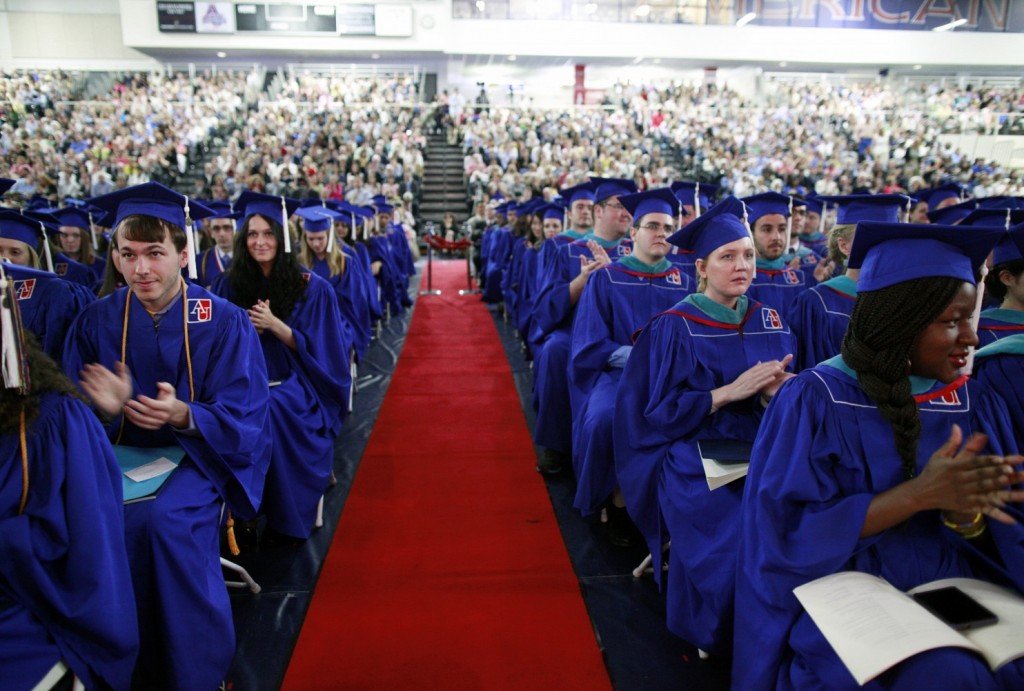
Today, one of the biggest debt problems that many people face is student loan debt. According to American Student Assistance, around 60 percent of college students — or 12 million college students each year — borrow money to cover the costs of attending school. As a result an estimated 37 million borrowers with outstanding student loan debt, and in a situation where the average young person has upwards of $20,000 in student loans. In fact, the class of 2015 was the most indebted in U.S. history. Students who threw caps in celebration last May held, on average, $35,000 in debt. Multi-thousand dollar student loan debt can be a problem for anyone, but for those who are unable to find jobs or who end up coping with financial or physical struggles, repaying this debt can seem insurmountable. Unfortunately, under current laws, with limited exceptions, student loans in DC (just like every other U.S. jurisdiction) cannot be discharged in bankruptcy.
Chapter 7 Bankruptcy and Student Loan Debt
Student loans are treated differently under the law than the vast majority of other kinds of debt. Although student loan debts are unsecured, meaning there is no collateral to guarantee them, they are provided with special legal status. As a result, student loan debts generally cannot be discharged or eliminated in a bankruptcy filing even though most other unsecured debts can be. Student loan balances typically cannot even be reduced in a bankruptcy filing, even when students cannot find a job or are struggling.
Lawmakers have tried several times in recent years to make changes to these laws as fears of a student debt crisis continue to mount. However, these efforts have thus far not been met with success and students crippled with student loan debt typically will be unable to get the relief that other debtors can find in the bankruptcy code.
Hardship Discharge and Student Loan Debt
While bankruptcy is typically not a viable means of resolving student loan debts, there are extremely limited exceptions. In some cases, for example, if a debtor can prove that repayment would be an undue burden, it may be possible for debt to be discharged.
Proving this goes far beyond just showing you cannot get a job or cannot pay. Typically, you’d need to show extreme hardship such as proving you are permanently disabled and will be unlikely to ever earn money that would make it possible for you to pay back any portion of student loans.
Hardship discharges are exceedingly rare and if you or a loved one truly has fallen onto very hard times and are unlikely to ever be able to recover, you should consult with an experienced bankruptcy attorney for help in proving that you are eligible for a hardship discharge.
Chapter 13 but not Chapter 7
While in most cases a Chapter 7 bankruptcy won’t help to eliminate student loan debts for most people, it can help you to eliminate or renegotiate other debts so your student loan debts become more affordable to pay. On the other hand, a Chapter 13 bankruptcy can help you restructure your debt in a single repayment program for all of your creditors — including student loan lenders. If you have significant amounts of other debt that are affecting your finances, consulting with a bankruptcy lawyer to explore your options would be a smart choice.
Related posts:
- Student Loans and Bankruptcy in Washington: Does Bankruptcy Get Rid of Student Loans?
- Student Loan Dischargeability in Virginia
- Elizabeth Warren: The U.S. is Taxing Young People with Student Loans
- Are student loans dischargeable in bankruptcy?
- Student Loans Jeopardize Retirement for Older Americans
The post Can Student Loans in DC Be Discharged Through Bankruptcy? appeared first on .